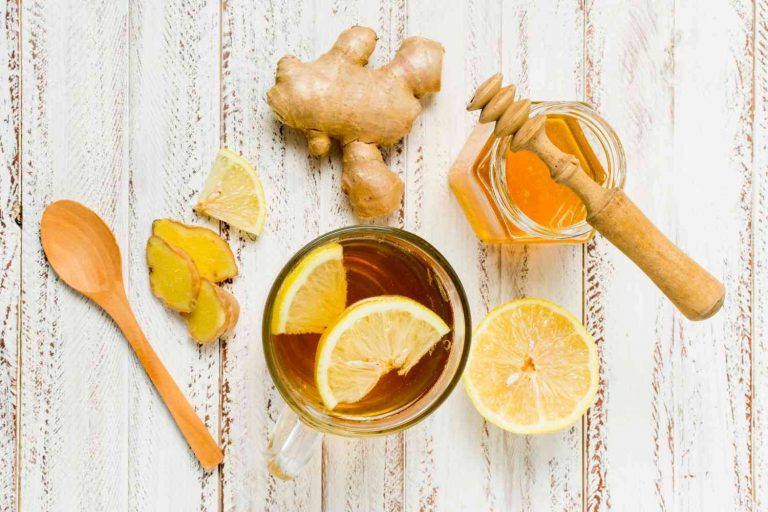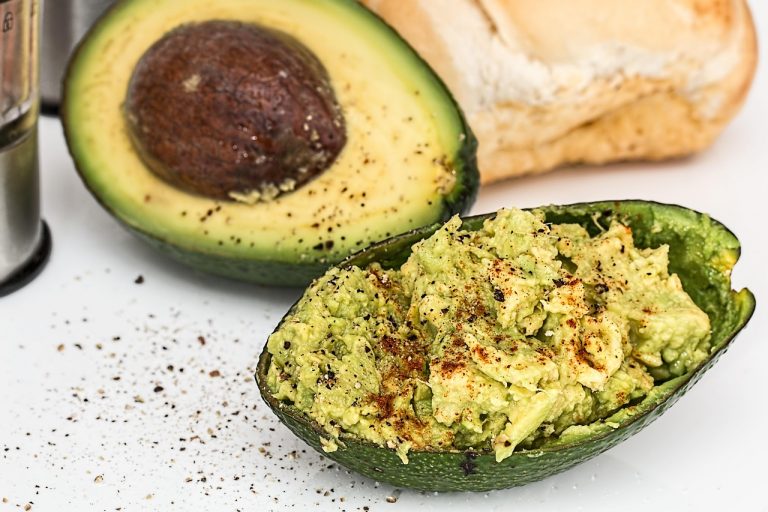Did you know that the ocean’s bounty could hold the key to balancing your hormones? Kelp, a nutrient-rich sea vegetable, has been making waves in the health community for its potential benefits. While many of us might think of greens as just a side dish, kelp is packed with properties that can support hormone harmony. Let’s dive into five delicious ways kelp can play a role in your hormonal health.
Contents
1. Rich Source of Iodine
Why Iodine Matters
Iodine is essential for thyroid function, which plays a pivotal role in hormone regulation. The thyroid gland produces hormones that control metabolism, energy levels, and even mood. A deficiency in iodine can lead to conditions like hypothyroidism, which can wreak havoc on your hormonal balance.
Kelp to the Rescue
Kelp is one of the richest natural sources of iodine, with some varieties containing up to 2,000 micrograms per serving! That’s well above the recommended daily allowance. Incorporating kelp into your diet can help ensure you’re getting enough iodine, especially if you live in an area where iodine levels in the soil are low.
Pros and Cons
While kelp is great for boosting iodine levels, moderation is key. Too much iodine can lead to hyperthyroidism or other thyroid issues. It’s always a good idea to consult with a healthcare provider if you’re considering increasing your iodine intake significantly.
2. Abundant in Antioxidants
The Power of Antioxidants
Oxidative stress can lead to hormonal imbalance. Antioxidants help combat this by neutralizing free radicals in the body. This is where kelp shines—it’s loaded with antioxidants like vitamins A, C, and E, as well as flavonoids.
Delicious Ways to Enjoy Kelp
You can enjoy kelp in various forms—think salads, soups, or even as a snack. Seaweed salad, for example, is a popular dish that not only tastes good but also packs a nutritional punch. Pair it with sesame oil and a sprinkle of sesame seeds, and you have a tasty, hormone-supporting dish.
Considerations
While antioxidants are beneficial, balance is crucial. Relying solely on one food for antioxidants can lead to nutrient imbalances. A diverse diet is always the best approach.
3. Supports Gut Health
Gut-Hormone Connection
Did you know your gut health has a direct impact on your hormones? The gut microbiome plays a critical role in estrogen metabolism. An imbalanced gut can lead to estrogen dominance, which can cause issues like weight gain, mood swings, and more.
Kelp as Prebiotic
Kelp acts as a prebiotic, providing nourishment for the beneficial bacteria in your gut. By incorporating kelp into your meals—such as adding dried kelp flakes to your morning eggs or using it in stir-fries—you can support a healthy gut environment.
Pros and Cons
While kelp can enhance gut health, not everyone’s digestive system reacts the same. Some might experience bloating or discomfort with sea vegetables. It’s best to start with small amounts and see how your body responds.
4. Hormonal Balance through Omega-3 Fatty Acids
The Importance of Omega-3s
Omega-3 fatty acids are known for their anti-inflammatory properties and are crucial for hormone production. They help regulate hormones like insulin and cortisol, which can affect everything from stress levels to weight management.
Kelp and Omega-3s
While kelp isn’t as high in omega-3s as fatty fish, it can still contribute to your overall intake. Some varieties of kelp contain small amounts of these beneficial fats. By combining kelp with omega-3-rich foods like salmon or walnuts, you can create a meal that supports hormone harmony.
Considerations
If you’re relying solely on kelp for omega-3s, you might be falling short. Consider incorporating a variety of sources, including fish, flaxseeds, and chia seeds, into your diet.
5. Natural Detoxification
Hormones and Toxins
Our bodies are constantly exposed to environmental toxins, which can disrupt hormonal balance. Detoxification is vital for maintaining hormone levels and overall health.
Kelp’s Detox Benefits
Kelp can help detoxify the body by binding to heavy metals and other toxins, making it easier for your body to eliminate them. Adding kelp to your diet—perhaps in a seaweed soup or as a seasoning—can support your body’s natural detox processes.
Pros and Cons
While kelp can aid in detoxification, it’s not a cure-all. Relying solely on one food for detoxification isn’t effective. A holistic approach that includes hydration, exercise, and a balanced diet is essential for optimal detoxification.
FAQs
1. Can I eat kelp every day?
Yes, but moderation is key. While kelp is nutritious, eating it in large quantities can lead to excessive iodine intake. Aim for a few servings a week.
2. How can I incorporate kelp into my diet?
Kelp can be enjoyed in various forms: add it to salads, soups, or smoothies. Dried kelp flakes can also be sprinkled on dishes for added flavor and nutrients.
3. Are there any side effects of eating kelp?
Some people may experience digestive discomfort, such as bloating. If you’re new to eating kelp, start with small amounts and see how your body reacts.
4. Is kelp suitable for everyone?
While kelp is generally safe for most people, those with thyroid conditions should consult their healthcare provider before adding it to their diet due to its high iodine content.
Conclusion
As we’ve explored, kelp is more than just a trendy ingredient in sushi—it’s a powerhouse of nutrients that can support hormone harmony in various delicious ways. Whether you’re looking to boost your iodine levels, support your gut health, or aid in detoxification, kelp can be a valuable addition to your diet.
Let’s be real, in our quest for health, it’s easy to get overwhelmed by the sheer volume of information out there. But incorporating kelp doesn’t have to be complicated. A sprinkle here, a bite there, and you’re on your way to a more balanced hormonal life. As always, listen to your body and consult with a healthcare provider if you’re unsure about making dietary changes.
This article is for educational purposes only and is not a substitute for professional medical advice. Always consult a qualified healthcare provider before making changes to your health routine.
References
-
Choi, S. Y., & Lee, J. H. (2021). Iodine: An Essential Nutrient for Thyroid Hormone Production. Endocrinology and Metabolism Clinics of North America, 50(1), 73-85. https://doi.org/10.1016/j.ecl.2020.11.001
-
Kahn, S. E., & Kahn, C. R. (2020). The Role of Gut Microbiota in Hormonal Regulation. Nature Reviews Endocrinology, 16(9), 523-535. https://doi.org/10.1038/s41574-020-00405-x
-
Matuo, M. Y., & de Oliveira, G. R. (2022). Antioxidants in Seaweeds: A Review of Their Health Benefits. Journal of Applied Phycology, 34(2), 1047-1062. https://doi.org/10.1007/s10811-021-02726-4
-
Mayo Clinic. (2023). Iodine: Why You Need It and How Much You Should Get. https://www.mayoclinic.org/healthy-lifestyle/nutrition-and-healthy-eating/in-depth/iodine/art-20045561
-
NIH. (2023). Iodine Deficiency: A Global Health Problem. https://ods.od.nih.gov/factsheets/Iodine-HealthProfessional/
Get Your FREE Natural Health Guide!
Subscribe now and receive our exclusive ebook packed with natural health tips, practical wellness advice, and easy lifestyle changes, delivered straight to your inbox.




